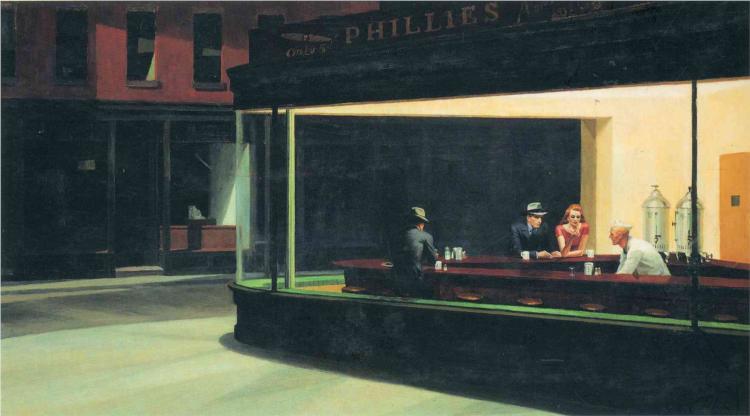At my daughter’s Catholic school there is
a blessing of the animals at which
the children line up with their fat hamsters
and gauzy goldfish, their dogs so old
they can barely climb the hill. They bring
their cats with bald patches
and their lizards sleeping in cages
under a fake sun. In the line
to the priest there are snakes
with white eyes and birds without songs.
There are ant farms and worms and rats
with long, exposed tails. The children
wait hours for their animals
to be blessed: for the priest’s hand
to hover over the weight they carry.
They bring shoe boxes full of turtles,
hairy spiders, frogs with dry skin.
I like watching my daughter
among the other children: her dog
small in her arms, her gaze protective.
Children believe in the power
of animals, tucked into their feathers
and shells; they believe
in blessings: the sprinkle
of holy water, each tiny
unexplained life.
“Blessing of the Animals” by Faith Shearin from Telling the Bees. © Stephen Austin State University Press, 2015.

